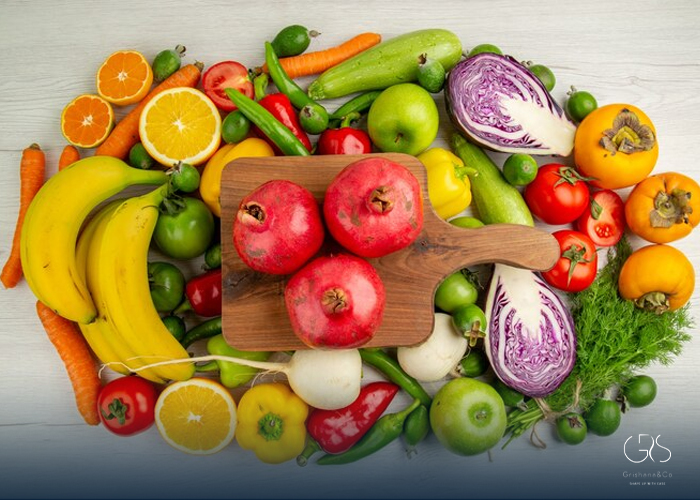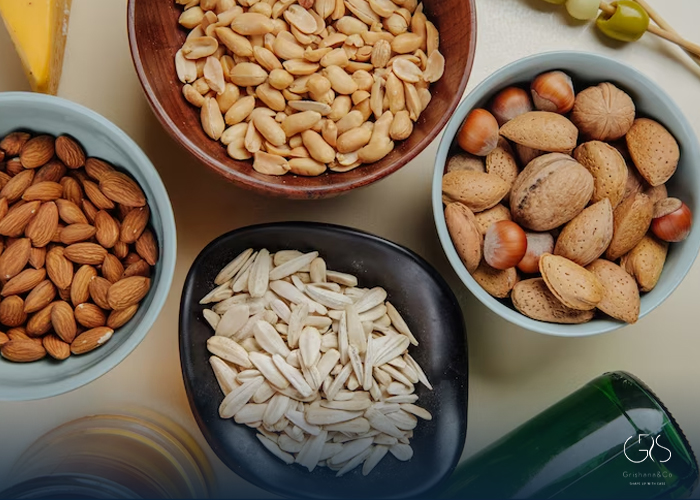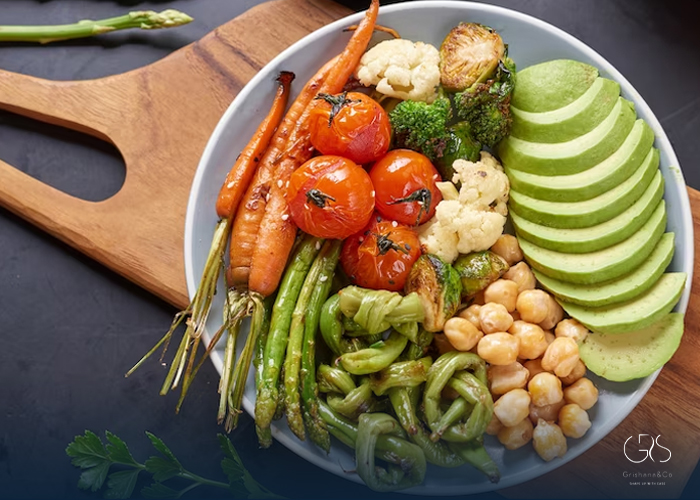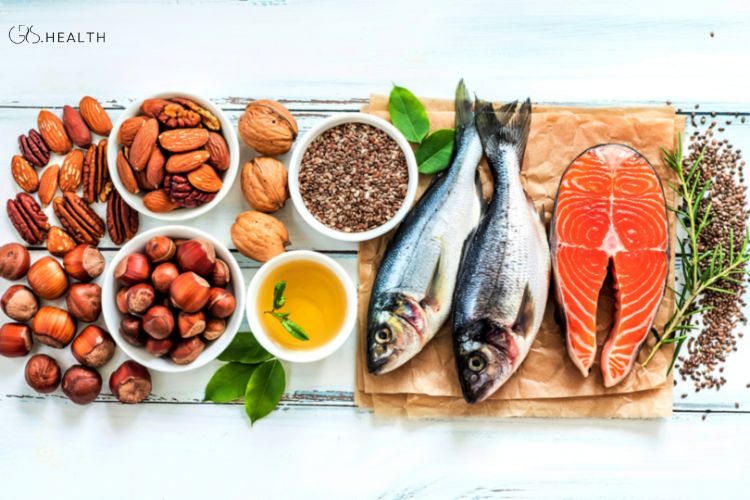Veganism is a lifestyle that promotes compassion towards animals and environmentally conscious living. In this article, we will delve into the various aspects of veganism, including food choices, alternatives, and the potential risks and benefits associated with adopting a vegan diet.
What Does It Mean To Be Vegan?
Veganism encompasses a way of life that avoids the consumption of animal products and by-products, both in terms of diet and everyday products. It extends to clothing, cosmetics, and household items, which should be free from animal-derived ingredients and cruelty-free.
(Check out this informative article on vegan heart health.)
What Foods Are Vegan?
- Fruits and vegetables: A wide variety of fruits and vegetables are entirely plant-based, providing essential nutrients, vitamins, and minerals.

- Legumes: Beans, lentils, chickpeas, and other legumes are excellent sources of protein, fiber, and essential minerals.
- Whole grains: Quinoa, brown rice, oats, and other whole grains are nutritious and versatile staples in a vegan diet.
- Nuts and seeds: Almonds, walnuts, chia seeds, and flaxseeds are packed with healthy fats, protein, and micronutrients.(Read more about the health benefits of walnuts)

- Plant-based oils: Olive oil, coconut oil, and avocado oil are commonly used in vegan cooking and provide essential fatty acids.(If you’re interested in olive oil or avocado oil , check out this informative article)
- Plant-based milk: Almond milk, soy milk, coconut milk, and oat milk are popular dairy alternatives.
What Are Vegan Meat and Dairy Alternatives?
- Vegan meat alternatives: These include tofu, tempeh, seitan, and plant-based burgers made from ingredients like soy, wheat, or pea protein.
- Vegan dairy alternatives: Almond milk, soy milk, coconut milk, and oat-based yogurt are dairy-free alternatives commonly available in stores.
What Foods Are Not Vegan?
- Meat: Animal-derived meat such as beef, pork, chicken, and fish are not part of a vegan diet.
- Dairy: Milk, cheese, butter, and yogurt made from animal milk are excluded.
- Eggs: All types of eggs, including chicken, duck, and quail eggs, are not consumed in a vegan diet.
- Honey: Veganism avoids honey as it is produced by bees.
- Gelatin: Derived from animal bones, gelatin is commonly found in food products like gummy candies and certain desserts.
- Lard: Animal fat derived from pigs used in cooking and baking.
What’s Vegan Leather?
Vegan leather, also known as faux leather, is an animal-friendly alternative to traditional leather. It is typically made from synthetic materials like polyurethane or plant-based materials like cork. Vegan leather offers a similar texture and appearance to genuine leather without inflicting harm on animals.
The Benefits of a Vegan Diet:
- Reduces Risk of Chronic Disease: A well-planned vegan diet can be beneficial in reducing the risk of chronic conditions such as heart disease, high blood pressure, and Type 2 diabetes. It focuses on plant-based foods that are low in saturated fats and cholesterol.
- Increases the Nutrients in Your Diet: A vegan diet encourages the consumption of a diverse range of fruits, vegetables, whole grains, legumes, nuts, and seeds, providing ample vitamins, minerals, antioxidants, and fiber.
- Helps The Environment: The production of animal-based foods, especially meat and dairy, is resource-intensive, contributing to deforestation, greenhouse gas emissions, and water pollution. Choosing a vegan diet lessens the strain on the environment, reducing carbon footprint and conserving natural resources.
What Are The Risks of a Vegan Diet?
- Having Low Vitamin and Mineral Levels: Vegan diets may be low in certain nutrients such as vitamin B12, iron, calcium, and omega-3 fatty acids. It is crucial to plan and incorporate fortified foods or supplements to ensure adequate intake.
- Not Having Enough Protein: While plant-based protein sources are abundant, vegans need to ensure they consume a variety of plant proteins to obtain all essential amino acids that are generally found in animal products.
- Consuming More Processed Foods: Relying heavily on processed vegan alternatives can lead to a diet high in salt, sugar, and unhealthy fats. It is important to prioritize whole, unprocessed plant foods.
Conclusion
The benefits of a vegan diet are numerous and undeniable. By embracing a plant-based eating plan, individuals can experience improved health outcomes, including reduced risk of heart disease, diabetes, and certain cancers. Veganism also promotes environmental conservation and supports animal welfare values. By opting for whole, nutrient-dense foods, individuals can enjoy delicious, satisfying meals that provide all the necessary vitamins and minerals for sustained wellness. Overall, the “Vegan Diet Benefits” article showcases the transformative power of a plant-based lifestyle and underscores why making the switch is beneficial not only for personal health but also for the planet and animal welfare.
Sources
- Harvard Health Publishing, A vegan diet may be better for heart health than an omnivore diet
- Mayo Clinic, Vegetarian diet: How to get the best nutrition
- The American Journal of Clinical Nutrition, PDF [90 KB] Save Share Reprints Request Health effects of vegan diets










